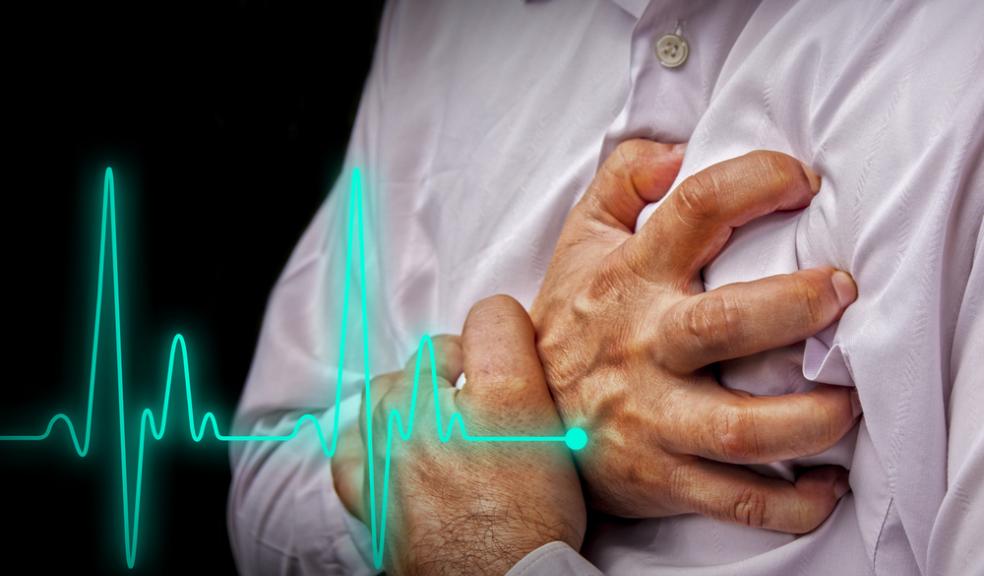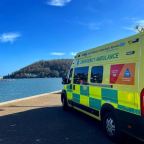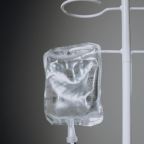
Would you recognise a heart attack?
A new patient information video produced for Plymouth Hospitals NHS Trust illustrates the importance of seeking urgent medical help if you suffer chest pain, or any other symptoms, that could indicate the onset of a heart attack (myocardial infarction).
The video features a patient’s personal account of suffering a heart attack whilst at home alone. He describes the build up of symptoms that he experienced, the emotional dilemma he faced before making the 999 call and the rapid treatment he received from the ambulance crew and hospital cardiac team.
The main aim of the video is to raise awareness that the actual symptoms of a heart attack may be quite different to what people have been led to expect. Patients who have suffered heart attacks often say that they experienced a rather gradual build up of discomfort in the chest, rather than sudden agonising chest pain. Other symptoms such as breathlessness, feeling sick and sweating may also be part of the picture,
In addition, the video aims to explain the rapid treatment (called coronary angioplasty) that a heart attack patient will receive when they are brought to Derriford Hospital; and to highlight the importance of seeking help quickly so that this treatment can reduce the damage to the heart muscle.
Dr Ian Cox, Consultant Cardiologist for Plymouth Hospitals NHS Trust explains: “One of the problems we have is the expectations some patients have about a heart attack. Occasionally, people have the ‘Hollywood’ heart attack; the sudden severe chest pain that knocks them for six and they’re doubled up in agony. But, most people have a much more vague presentation where the pain is less acute to start with, and builds up gradually.
“The patients’ expectations are preventing them from calling for help quickly because they can’t believe that the less dramatic symptoms are actually a heart attack. In particular, some patients, especially the more elderly, will stay at home all night with chest pain and not present at the hospital until the following morning. Likewise, there seems to be a general misconception that women are less likely to have a heart attack [than men] and so they may be less likely to call for help promptly.”
To watch the video, click here: http://bit.ly/CardiacVideos
The video was created and developed by Oxford Medical Illustration (a department of Oxford University Hospitals NHS Trust).
Symptoms of a heart attack – NHS Choices
Dial 999 immediately if you suspect that you or someone you know is having a heart attack.
Symptoms can include:
• chest pain – a sensation of pressure, tightness or squeezing in the centre of your chest
• pain in other parts of the body – it can feel as if the pain is travelling from your chest to your arms (usually the left arm is affected, but it can affect both arms), jaw, neck, back and abdomen
• feeling lightheaded or dizzy
• sweating
• shortness of breath
• feeling sick (nausea) or being sick (vomiting)
• an overwhelming sense of anxiety (similar to having a panic attack)
• coughing or wheezing
Although the chest pain is often severe, some people may only experience minor pain, similar to indigestion. In some cases, there may not be any chest pain at all, especially in women, the elderly and people with diabetes.
Further information can be found on the NHS Choices website, click here.











